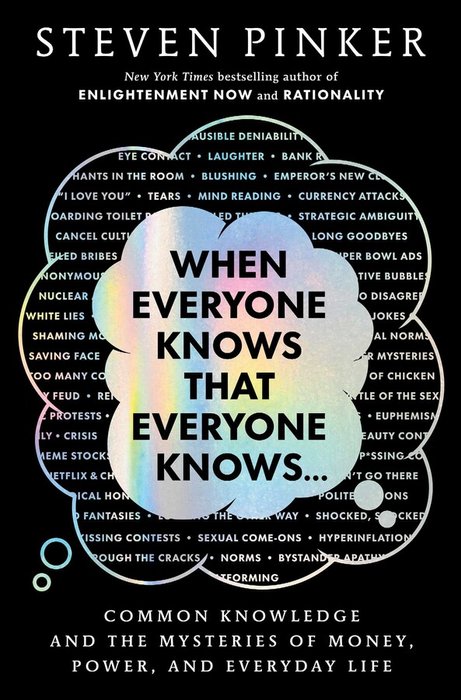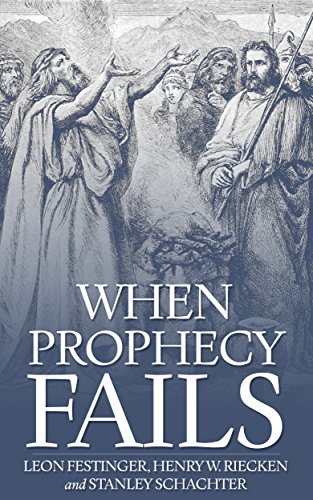Private Truths, Public Lies: The Social Consequences of Preference Falsification
amazon.com
Private Truths, Public Lies: The Social Consequences of Preference Falsification



In my interview with the producers of Behind the Curve, I argued that observing how curious, logical, intelligent people get led astray by their own psychological mechanisms—aided by the conspiracy-friendly algorithms of Google and YouTube, and the tribal and identity-stoking context of social media—shows how we are all prone to this kind of
... See more